Problem with Websites
why they don't work?
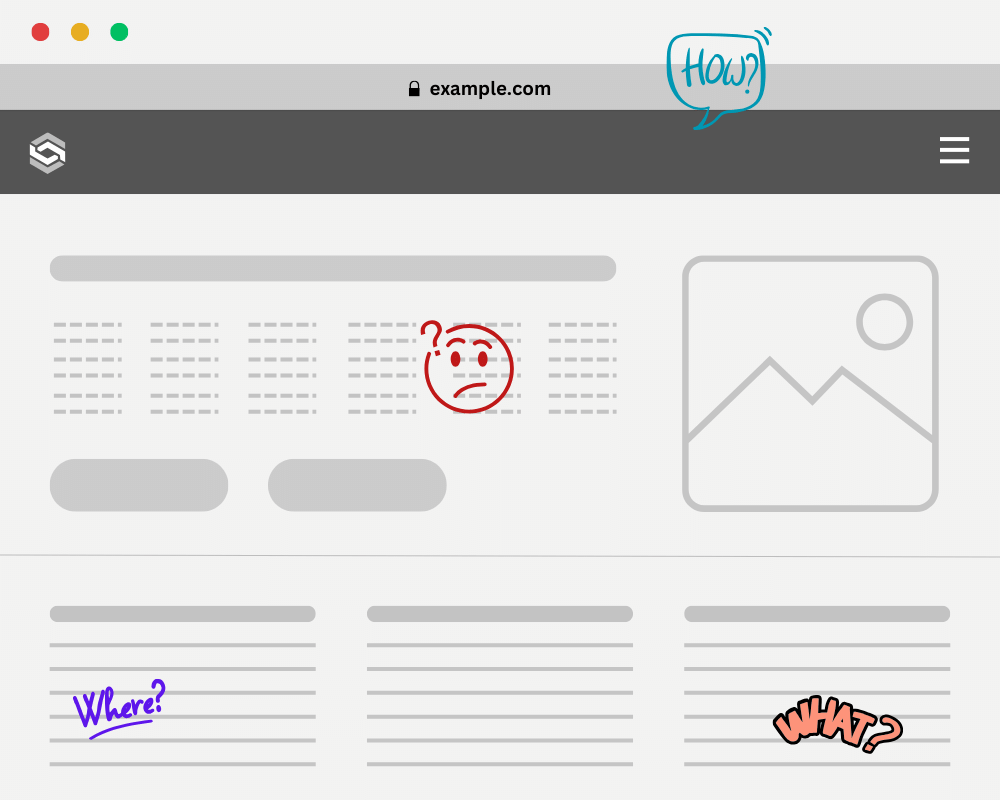
Biggest problem with most websites is that they don’t make much sense to their audience. They either struggle or quit. It results from ignoring them while planning and building our websites. With weak focus on them, what we say, how we say, and how we present, may make complete sense to us, but is not making much sense from their point of view and from their understanding level.
Number of options people have these days for anything they need is making them extremely impatient. We hardly get fraction of their attention and time—that also with extreme effort. Helping them understand and decide in the time they offer is the only option we have.
Solution
How I build sensible websites

Right Understanding
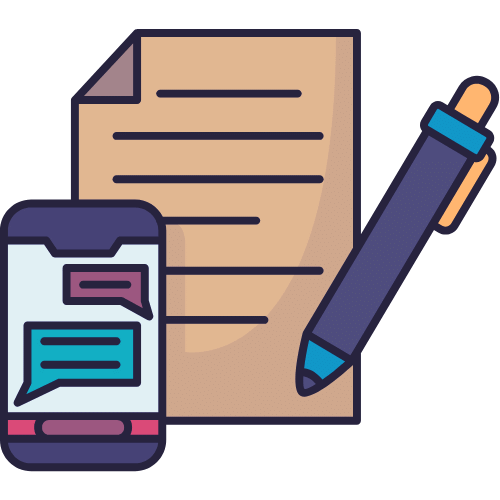
Content
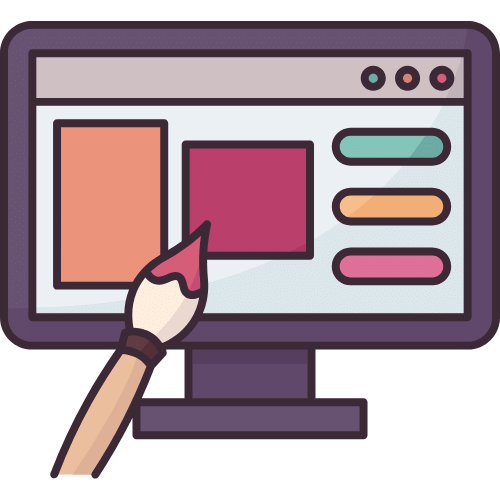
Design

Development
Problem with Products
why users don't love them?
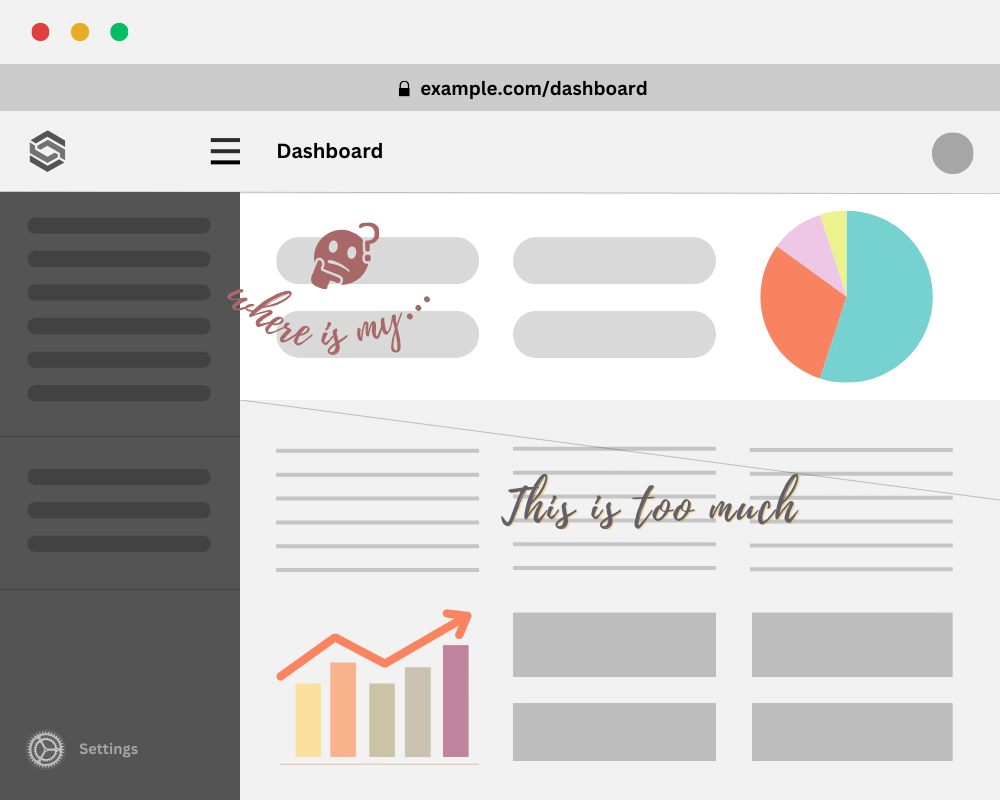
Problem with products is that they are complex, and get more complex as they grow. Products become complex when creators race to beat competitors’ products with more features and power, and forget to care for users’ convenience. How can you expect users to love a product that solve their problems somehow, but brings lot of struggle and discomfort with it?
Users want to solve their problems with least discomfort, in least time, and with shortest possible learning curve. Whoever does it for them will surely win their heart, and they couldn’t resist recommending it to others.
Solution
How I build effortless products
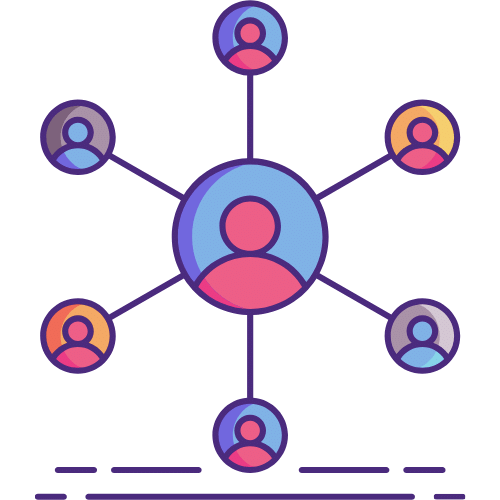
Understanding Users

Planning & Sketching

Design

Development
Clients I served or serve
What you can expect from me
Knowledge
I stepped into IT field in 2013 by joining a local institute. There I learned Photoshop (a graphic design tool), basics of Web Design, basics of WordPress, and a bit of Programming. Programming, which I learned a little, seemed difficult. “More difficult something is to learn, more valuable it will be” was the thought behind my move toward Software Development.
I never took any coaching for Software Development. I learned it systematically and deeply from Books and Courses, written and created by experts. By following experts, I built strong foundation and learned everything needed to be able to build maintainable, scalable, flexible, clean, and secure software. Software Development is a complex, and costly affair; If not build the right way, it quickly gets out of control. Once out of control, it ruins everything.
Websites, these days, are nothing but software.
As my understanding got better, I discovered that building maintainable, flexible, scalable, clean, and secure software is extremely valuable from developers’ point of view, but is of no significance from users’ point of view. How the outside world will interact with our software is not a part of Software Development. It comes under Design.
Design is a huge subject and is of immense importance. I adopted similar approach to learn Design: systematically and deeply from Books and Courses. Design is not only about aesthetics; it’s about doing all the thinking and bearing all the pain—while creating a product or a website—so our users don’t have to—while using it. I learned how to design things that are not only visually pleasing but are most sensible, most convenient, and least painful to their users.
Experience
I joined a small IT company as Web Developer in Oct 2014, 60km from my hometown. I travelled daily for eight months working there. Most of their clients were from US. I devoted myself to deliver my best in everything I did. Clients were happy and satisfied. All of a sudden, some of their other side of business went in losses. It got hard for them to bear the expenses for space they rented. They offered me to work from home with some compromise in salary. I accepted. That proved to be the biggest gift of my life.
Four hours of travel time, that got saved, combined with three to four hours extra, I started my journey to become one among best software developers. I devoted myself to learn everything there is to reach that goal. I started applying the concepts that I learned in real projects. They worked great. I was able to fulfil any requirement thrown at me with much ease and confidence. As quality and speed of my work improved, our clients’ confidence went up, and we started getting more challenging work.
When things are built the right way, everyone connected remain at peace, because things keep working smoothly without breaking—and who want them to break.
I was privileged to build websites (Design & Development) for some of the most prominent clients in US. Some were INC5000 fastest growing companies. Some also operated globally. In my nine years of career, it is hard to remember if anytime I saw a client not happy with my work. I still maintain many websites that I built seven or eight years ago. I consider it a huge respect for my work.
Beside websites, I also created many products in my journey till now. Some personal, some for clients.
Every project poses a different kind of challenge. Strong foundation, combined with passion and persistence gave me confidence to accept every challenge, and got great results.
Commitment
“Commitment is what transforms a promise into reality.” —Abraham Lincoln
Commitment to me is a serious act. I know, if I commit something, I must fulfill it at any cost. It's a huge responsibility. That's why I never commit anything in haste.
Before committing, I do everything to understand your project requirements. I evaluate myself if it's feasible for me to complete your project in the budget and time you are expecting it to.
But once I understood your requirements, and committed for meeting them, your project will surely complete, and that with utmost satisfaction—even better than you imagined.
Support
Poor support can ruin a company that otherwise produces world’s best products. One of the supreme benefits of hiring an individual—who himself do the work and understand the real value of client—over an agency is the Support.
Products and websites don’t exist in vacuum. They work with the help of several other software and hardware. New versions come, hardware get updated, configuration changes happen, server upgrades happen, technology changes. Because of this, things will surely break—not because they are built wrongly but because they depend on several other things not within control of the Developer.
You need someone who can handle such situations. If he is the same person who build your project in the first place, how great it would be. He himself created everything; nobody can fix it better than him. How can you expect such support from an agency where people join or leave frequently?
You can expect any kind of help from me even after years of your project’s completion. I can never deny helping you because you will be among those who valued my work and helped me in making my family live a blissful life.

Trust
The way the people are becoming skeptical is clear signal of degradation of trust. And when something is in less supply, and in great demand, its value rises tremendously. A person who compromises trust for little gain underestimate its value and makes a huge mistake. Even value of knowledge and experience is nothing compared to the value of Trust. Trust once lost cannot be recovered. Client is gone, forever—alongside all of his future worth and future referrals. Once earned, trust must be retained at all costs.
With all of our negative experiences, trusting a person beforehand becomes difficult. But we all want good people, and the only way to find them is to give a promising candidate a chance to prove him.
I want people to love and remember me for something I did for them. I can’t afford to break your trust at any cost.

Satisfaction
Most people talk about satisfying you and what they’ll do for it. Their only challenge is to follow your instructions as closely as possible. If they are capable, they’ll do just that. They’ll refrain to disagree with you. They follow one statement: “Client is always right.”
But for me the challenge is to satisfy you and your users. I care for your users even more than you. They are for whom you are putting all your efforts into. If they go unsatisfied, your satisfaction is of no significance. Sometimes, I may disagree with you to satisfy your users. You may be super knowledgeable in your field, but taking right decisions in other fields is not always easy. There are decent chances of making wrong decisions. This is where I need to play my role, and I don’t hesitate to play it and correct you whenever I feel.
I may not always be right. If this is the case, I will be eager to know and understand the reason behind your decision. This helps me grow.
Disagreeing with client is not easy. Nobody wants to hear ‘no’ when he is paying for it. But it makes the difference. When you see your users happy and yourself growing, your love and trust for me will rise with it—and it drives me.

Test me at no cost
Before giving me any real work, you have full right to test me however you want. You can ask me anything, give me some task, get fixed something, or anything you think will help you gain some confidence in me. I don’t want anyone to waste their hard-earned money on something not worthwhile to them.
You can happily take my 15-20 hours—free of charge—before deciding to offer me the real work.
Personal experience beats everything being said by large margins.
Technical Skills
Concepts
- Graphic Design Principles
- Color Theory
- Typography
- UI/UX Design
Tools
- Photoshop
- Inkscape
- Figma
- Sketching
Languages
- HTML
- CSS/CSS3
- LESS
- SASS
Concepts
- Object Oriented Programming
- SOLID Design Principles
- Interface Oriented Design
- Design Patterns
- Software Architecture
- Software Security
- Regular Expressions
Languages
- PHP
- MySQL
- Javascript
Integrations
- Stripe
- PayUMoney
- Paypal
Technologies
Frameworks
- ReactJS
- VueJS
- AngularJS
Libraries
- jQuery
- jQuery UI
- Lodash
- Underscore
- GSAP
- Anime.js
- Masonry
PHP Frameworks
- CodeIgniter
- Laravel
- Slim
Platforms
- WordPress
- Shopify
- WooCommerce

































